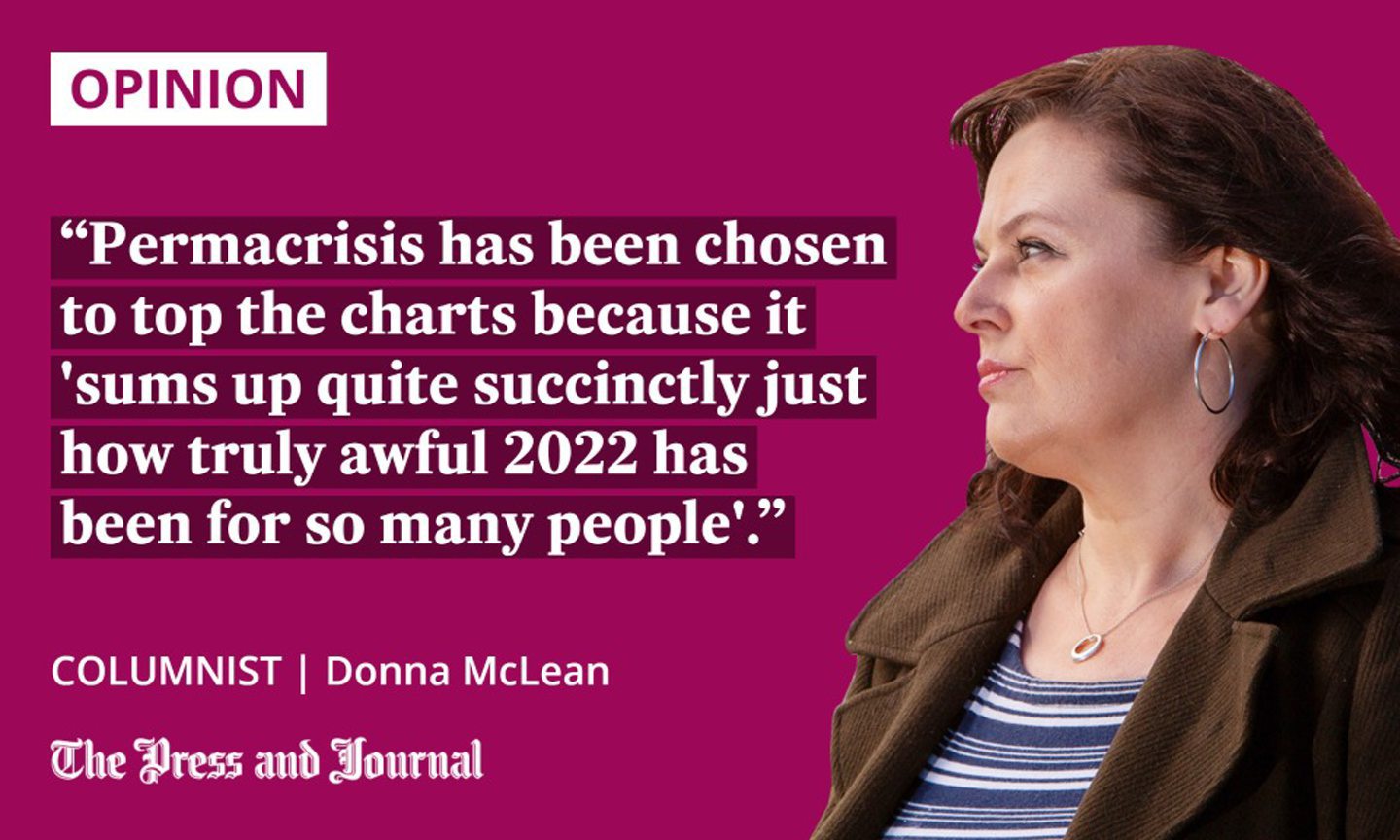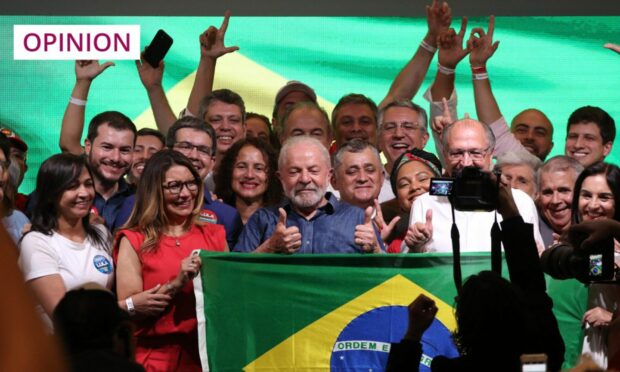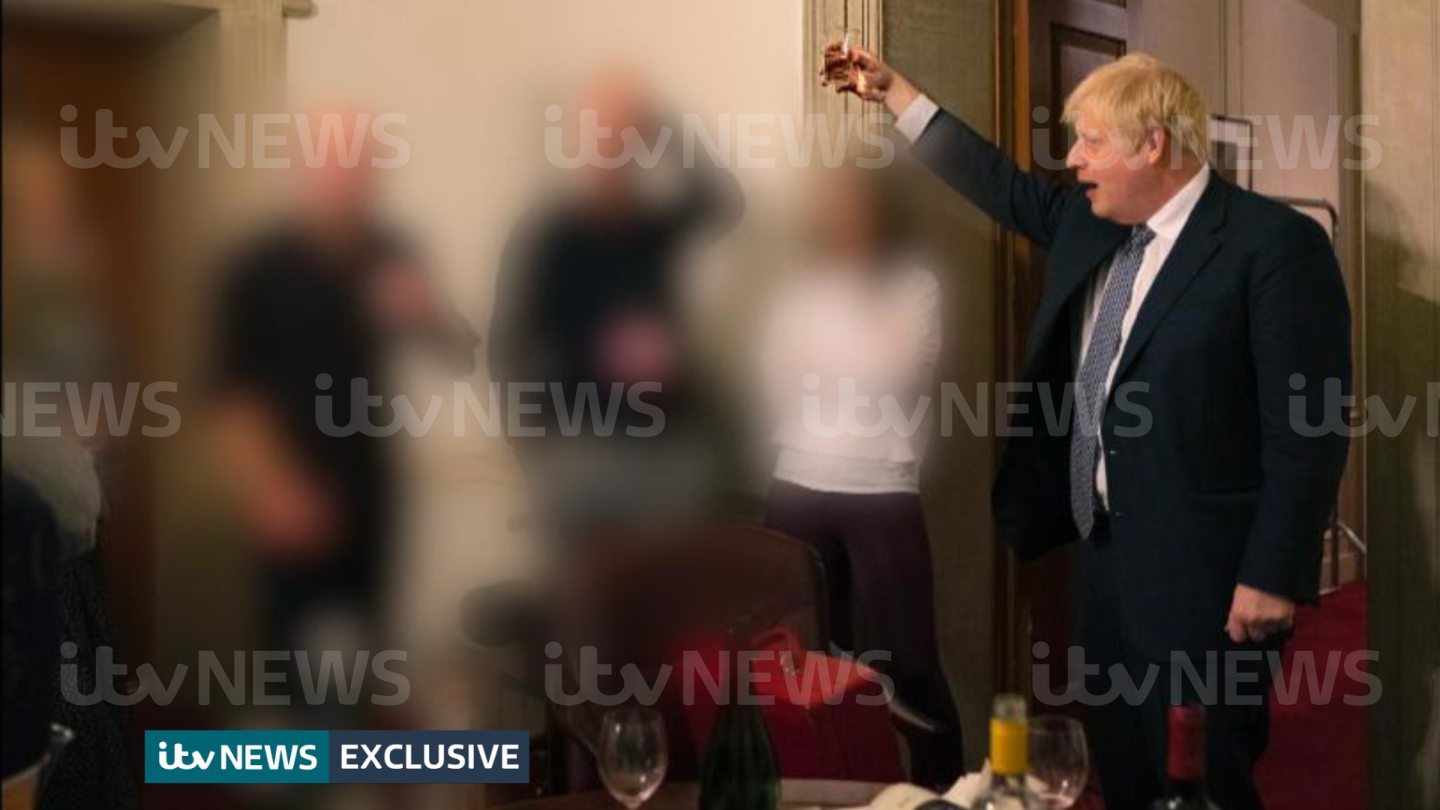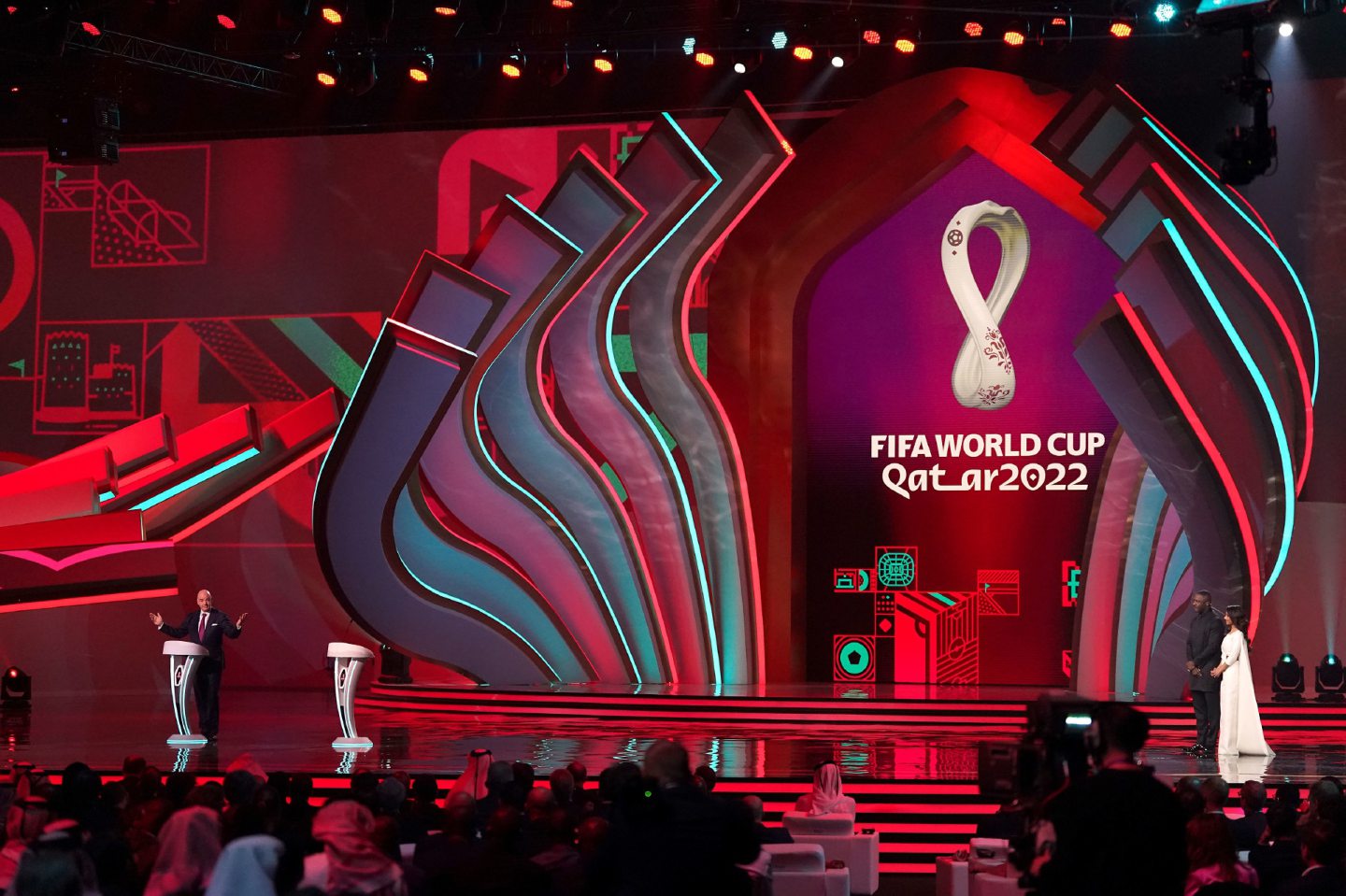After 12 months of chaos, a word defined as ‘an extended period of instability and insecurity’ has been chosen to sum up 2022, writes Donna McLean.
This week, Collins Dictionary crowned “permacrisis” its word of the year.
The announcement follows 12 months of instability, the word itself summing up a period which has seen people globally live through war, recession, a cost of living crisis, rising inflation, climate change and political uncertainty.
Permacrisis tops a list of 10 words (six of which are new entries) which Collins says most represent the slog of a year that is 2022.
As far as decades go, the 2020s have certainly seen their fair share of upheaval already. We’ve had to deal with the worldwide Covid pandemic – which ain’t over yet – and we’re still struggling to survive the ongoing health and social impacts as hospital admissions rise again.

Here in the UK, we are witnessing an economic crisis that led to the Bank of England warning of a “material risk to financial stability”. Oh, and we’ve already had three prime ministers. Just writing this list is exhausting, never mind living it.
Permacrisis is defined by Collins as “an extended period of instability and insecurity”, and is just one of several words or phrases on the 2022 list which has seen increased use, due to the ongoing crises in the UK and around the globe. It has been chosen to top the charts because it “sums up quite succinctly just how truly awful 2022 has been for so many people”.
A spokesperson said: “Language can be a mirror to what is going on in society and the wider world and this year has thrown up challenge after challenge.” (Cue the stampede of several outsized Christmas baubles down London’s Tottenham Court Road, as if to prove that 2022 hasn’t quite finished with us yet.)
Partygate, warm bank and quiet quitting
To make its annual list, Collins Dictionary examines its database of 18 billion words, as well as taking “snapshots” at intervals throughout the year to find new terms and increased usage of existing words.
Another word picked this year, which has certainly made a strong contribution to the permacrisis, is “partygate”.
Partygate – named after the Watergate scandal – points to the huge outcry over illicit social gatherings and the suitcases of wine being snuck in to Downing Street. This was despite the clear Covid restrictions that were in place, which saw so many people unable to visit loved ones in hospital or even attend their funerals. Partygate sparked grief and anger in equal measure.
We move on to the inclusion of the term “warm bank”, sadly now necessary, which describes a heated building, such as a library or other communal space, for people who don’t get an invitation to party at Downing Street bashes and can’t afford to heat their homes to go to, just to meet some of the most basic daily living needs. What a depressing list.
How are we responding to this overall gloom? Perhaps by “quiet quitting” – the act of doing the basic duties at work and no more, either by way of protest or to improve our work-life balance. That’s really not much of a protest.
You’d think people would be on the streets. In fact, many people are. Industrial action across the transport, communications and public sectors have been necessary in 2022, in response to attacks on safety, terms and conditions.
Time for a vibe shift?
This has been a year of crisis. Scandals, Brexit lies, corruption, a hostile environment toward refugees, the Northern Ireland Protocol, long Covid, umpteen prime ministers, each one seemingly less empathic and shadier than the last. The themes and words of the year are scarily lacking in any sense of optimism.
When will we see a vibe shift for the better? Will the permacrisis end any time soon?
Collins has included the term “lawfare” which, ominously, means a strategic use of litigation to intimidate or hinder an opponent.
Then there’s the dubious word “sportswashing”, a term that describes how organisations – and countries – can use sports to enhance their reputations or distract from inhumane laws. Qatar, the host of the 2022 World Cup which commences this month, has been accused of sportswashing, following an outcry over the mistreatment of construction workers, homophobia, and a crackdown on any dissenting voices.
Is there hope? Another term chosen by Collins is “vibe shift” – a “significant change in the prevailing atmosphere or culture”. When will we see a vibe shift for the better? Will the permacrisis end any time soon? Will our constant instability move toward steadiness?
I cheered and sang Bella Ciao a few days ago, when Lula won the presidential election in Brazil – against all odds, undisguised corruption and threats – defeating the far-right candidate, Jair Bolsonaro. I cheered again yesterday, when I saw a bunch of school kids in South Lanarkshire chase a fascist away from their school gates.
Maybe there is hope. The kids are alright.
Donna McLean is originally from Ayrshire and is a mum of twins, writer and activist



Conversation